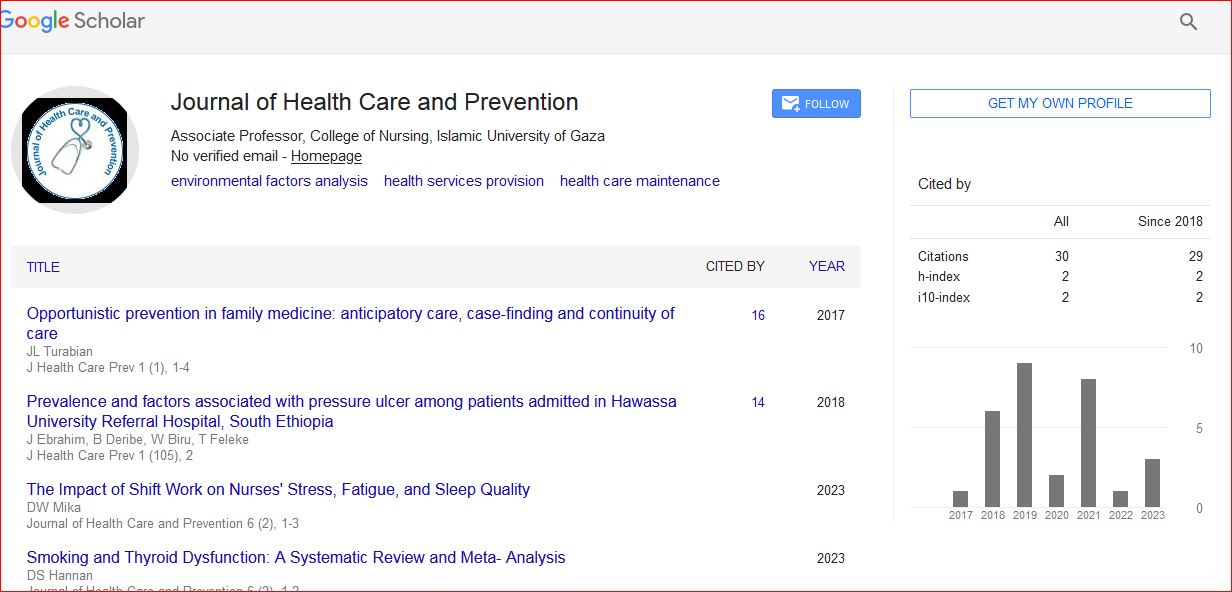Palliative care advocating for patients: Barriers to symptom management via telephonic prescribing restrictions
*Corresponding Author:
Copyright: © 2020 . This is an open-access article distributed under the terms of the Creative Commons Attribution License, which permits unrestricted use, distribution, and reproduction in any medium, provided the original author and source are credited.
Abstract
People with serious illness have significant health challenges. Palliative care thus becomes important to help the patients live through the challenge with limited suffering. From the time that a person is diagnosed with a serious illness, patient advocates become an important part of their lives. Besides helping the patients, the patient advocate is responsible for making the patient’s family live a high-quality life (Barner & Hromadik, 2020). The stress and symptoms are relieved from the patient during the palliative care through the help of the patient advocate. Through palliative care, a patient can match their options of treatment to their goals. This helps the physicians understand what the patient wants. Any person that faces a serious illness can benefit from palliative care. The Covid-19 global pandemic has led to many deaths due to the isolation of many people with serious illnesses. Palliative care has become very significant especially in the era of the pandemic. Palliative medicine is a specialty for the treatment of pain, trouble breathing and other distressing physical symptoms caused by chronic and lifelimiting diseases. Similar to any humanitarian setting, the patient advocates are an integral part of public health. The general situation has led to many health institutions prioritizing patients according to the severity of their disease or the symptoms they display. The cancer patients for instance are prioritized to help them with stress relief and management of the acute cancer complications (Oliver, 2019). Homebased care is encouraged for the patients especially for those that have high palliative care needs. Some health institutions have also encouraged patient advocates to take up and have more patients under their care.

 Spanish
Spanish  Chinese
Chinese  Russian
Russian  German
German  French
French  Japanese
Japanese  Portuguese
Portuguese  Hindi
Hindi 
